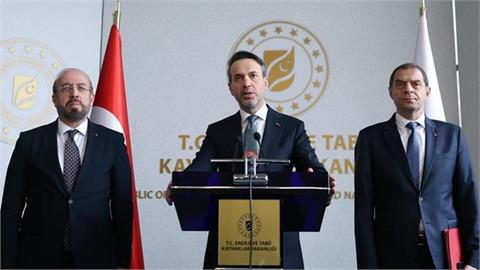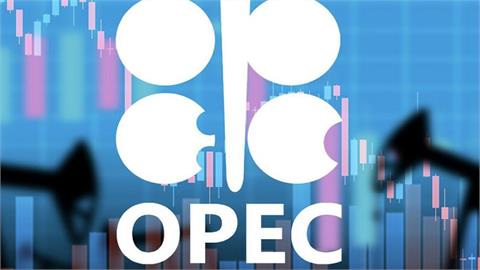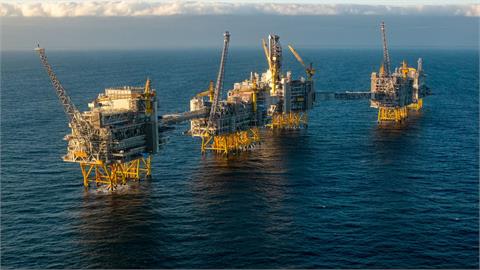The statement made by Greece’s Minister of Productive Reconstruction and Energy, Mr. Panagiotis Lafazanis, the Minister after his recent (June 26) meeting with the Ambassador of the Bolivarian Republic of Venezuela, Mr. Farid Fernandez, on a potential co-operation between the two countries on oil exploration provoked strong reactions by executives of Greek and international oil companies, involved in the upstream sector, who saw this as a direct intervention in the ongoing 2nd International Round in the Ionian and south of Crete.
According to an announcement by the Ministry, following the meeting with the Venezuelan ambassador, in which the CEO of HELPE, Mr. Grigoris Stergioulis participated, potential co-operation for the supply of crude oil as well as synergies on hydrocarbon exploration and production were examined. The possibility of co-operation between Hellenic Petroleum (HELPE) SA and Venezuela’s state company, PDVSA (Petroleos de Venezuela SA), was also discussed in some length at the meeting.
However, observe market sources that such a co-operation between Greece and Venezuela, which holds the planet’s biggest proven oil reserves (298.3 billion barrels according to the most recent data by BP Statistical Review) is problematic on three counts: first, the cost of transporting crude oil and products is rather prohibitive because of the great distance involved, second the characteristics of Venezuelan oil are incompatible with the current layout of the refining units of HELPE SA and third the participation of Venezuela’s national company in concession rounds for Greece’s oilfields, although theoretically possible, it is very difficult in practice since PDVSA has no current activity in the Mediterranean and North Africa.
Moreover, PDVSA has no experience in big-depth exploration (2,500 metres and beyond), which is a prerequisite for the 2nd International Round in the Ionian and south of Crete, the deadline of which is July 14th.
Greek and international oil companies which plan to participate in this International Round are protesting for these latest moves by Greece’s Minister of Productive Reconstruction and Energy, as they are infringing the provisions of Directive 94/22/EC of the European Parliament and of the Council of 30 May 1994 of the European Union, which safeguard the "the non-discriminatory access to and pursuit of activities relating to the prospection, exploration and production of hydrocarbons under conditions which encourage greater competition in this sector”. As company representatives point out, the support and encouragement by the Ministry for the participation of PDVSA in this International Round is against all principles of fair competition.



